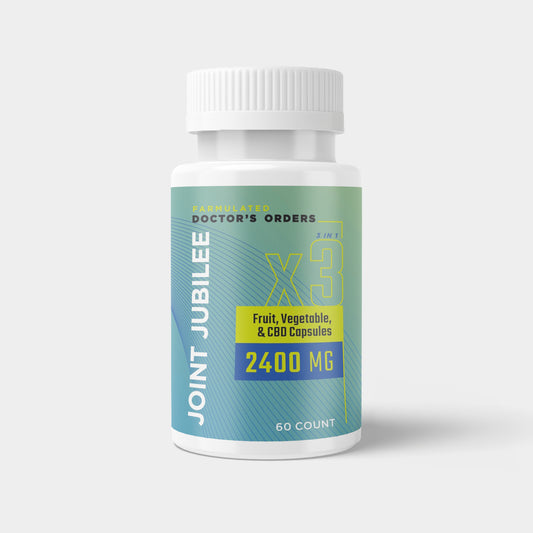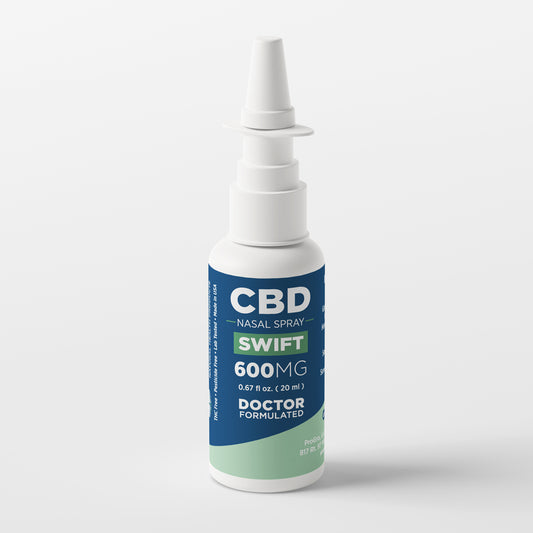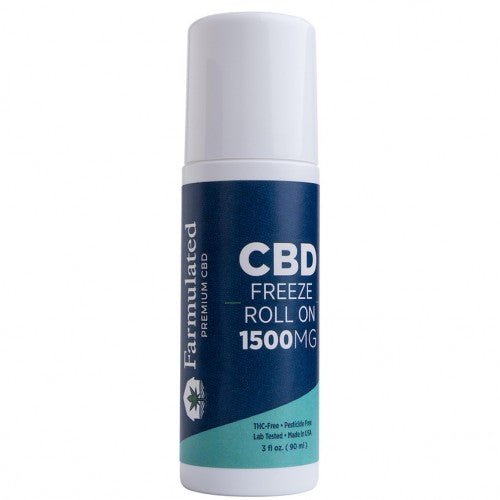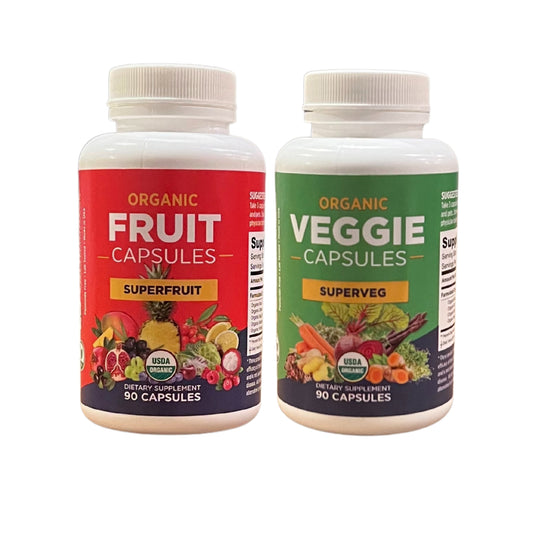
CBD for Cancer: Can it Help? Maybe….
Published: Updated:Our endocannabinoid system (ECS) consists of CB1 receptors, primarily in the brain, and CB2 receptors, in other areas of the body and immune system.
There are various mechanisms of action as to how cannabinoids can potentially prevent or help treat cancer and slow tumor growth. CBD may minimize cancer cell proliferation, development, and metastasis. It may also inhibit cell migration, reduce tumor invasion and angiogenesis, and induce tumor cell death or apoptosis. More ongoing research is needed in humans.
Some research suggests that CBD may ease neuropathic pain and nausea from chemotherapy. It may help ease the anxiety associated with a cancer diagnosis. Patients find it beneficial for sleep which helps heal and restore the body. Since CBD has anti-inflammatory properties, it seems to indicate that it may prove to be a complementary treatment for cancer by appearing to kill tumor cells while protecting healthy cells, having a selective smart drug effect. Chronic inflammation worsens chronic disease conditions, so any supplement that can reduce oxidative stress and inflammation is a valuable adjunctive therapy,
CBD has a good safety profile but can interact with certain medications that come with the grapefruit warning. This is due to the neutralization of the CYP450 enzyme in the gut. When these enzymes cannot break down and eliminate drugs from the body, too much drug enters the liver and flows unprocessed into the bloodstream, which can increase the level of the drug in your system. The other precaution is that CBD may interfere with liver enzymes, especially in the elderly, which could lead to higher medications in the system. Also, caution with patients who have hepatotoxicity or impaired liver function. It is always important to weigh the potential benefits vs. the risks in every age group. Checking with your oncologist before starting cannabinoids as an integrative therapy is best.
CBD which is over the counter does not require a medical card and contains less than or equal to 0.3% THC. Therefore, it does not have the same stigma as THC, which produces the high. It is legal in all 50 states as a supplement. It comes in multiple delivery systems, both topically and orally, and should be 3rd party tested for contaminants, preferably wild-crafted and organic.
More long-term studies will need to be conducted, but CBD may be safe and effective for preventing and treating cancer in humans. It may be used alongside conventional chemo and radiation treatments but should not be considered a substitute for other cancer treatments. CBD research for cancer is still in the early stages, but this area will continue to be studied because interest in CBD is exploding. Curiosity continues to rise as the availability of these products continues to increase.




